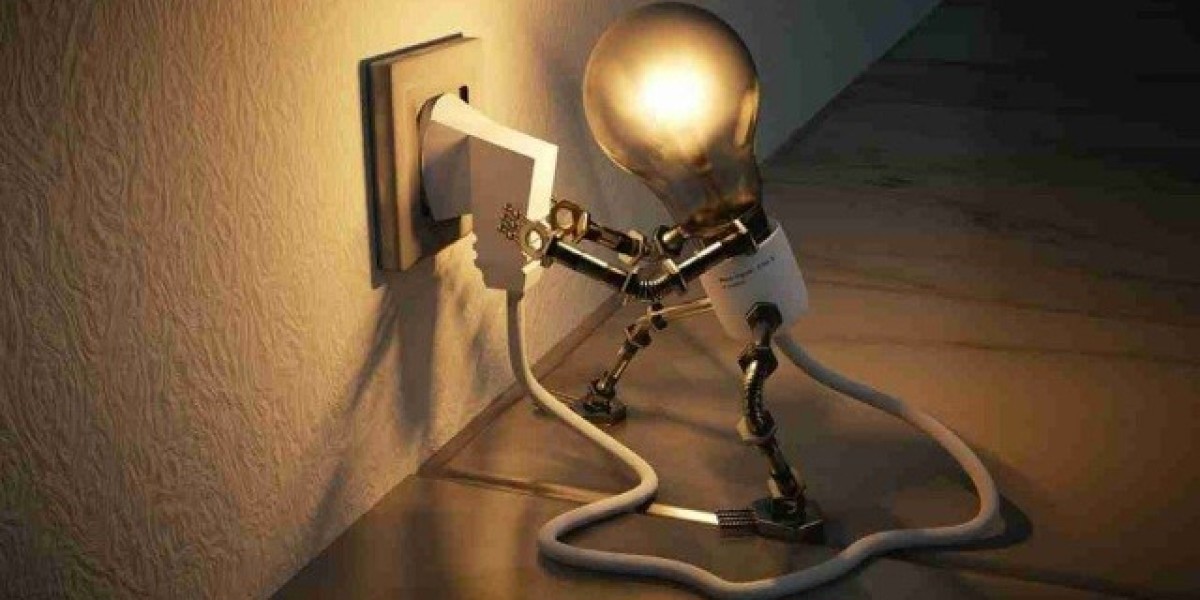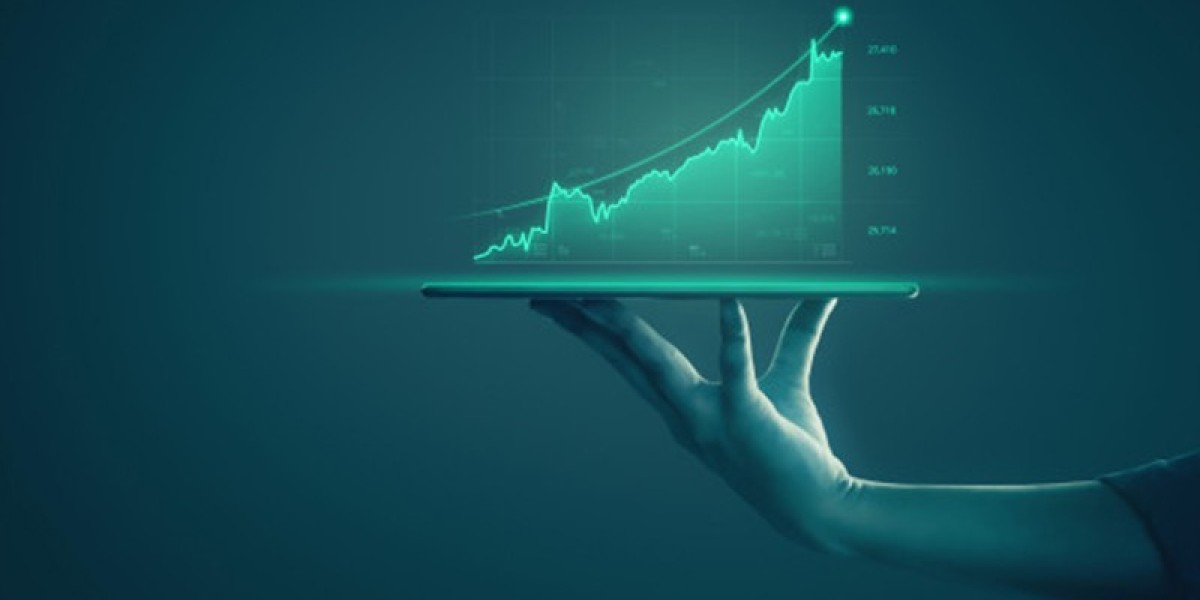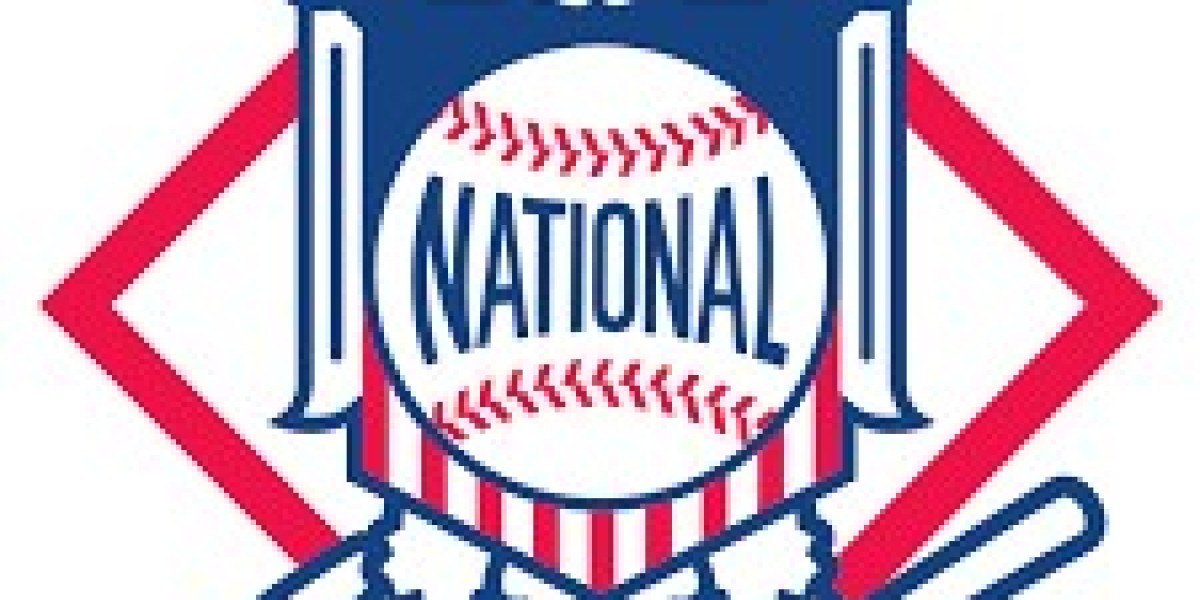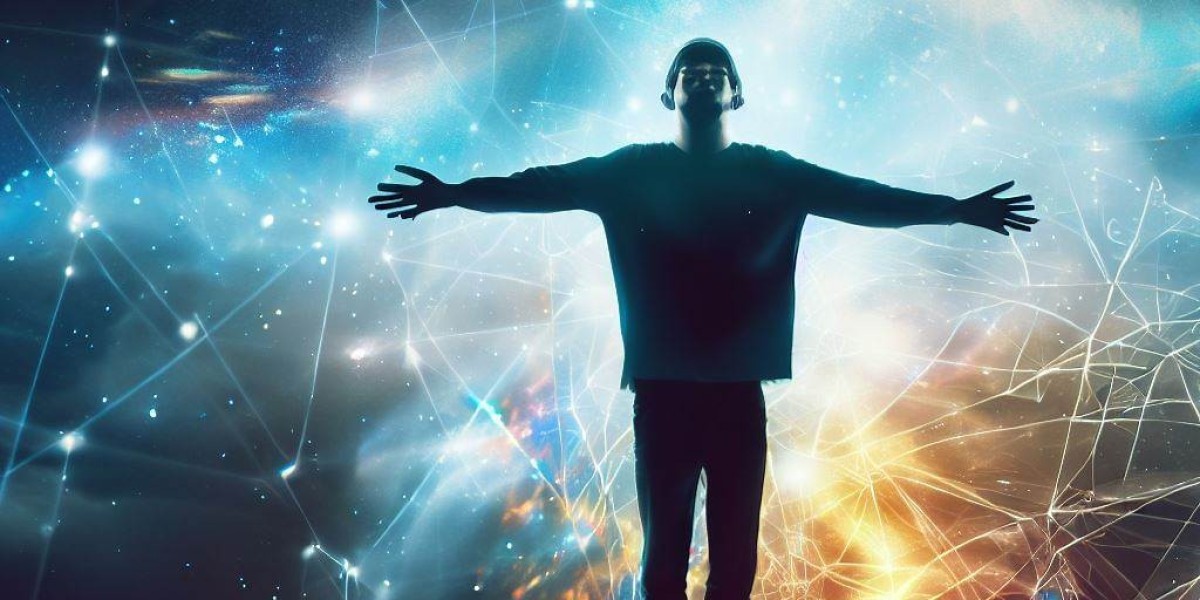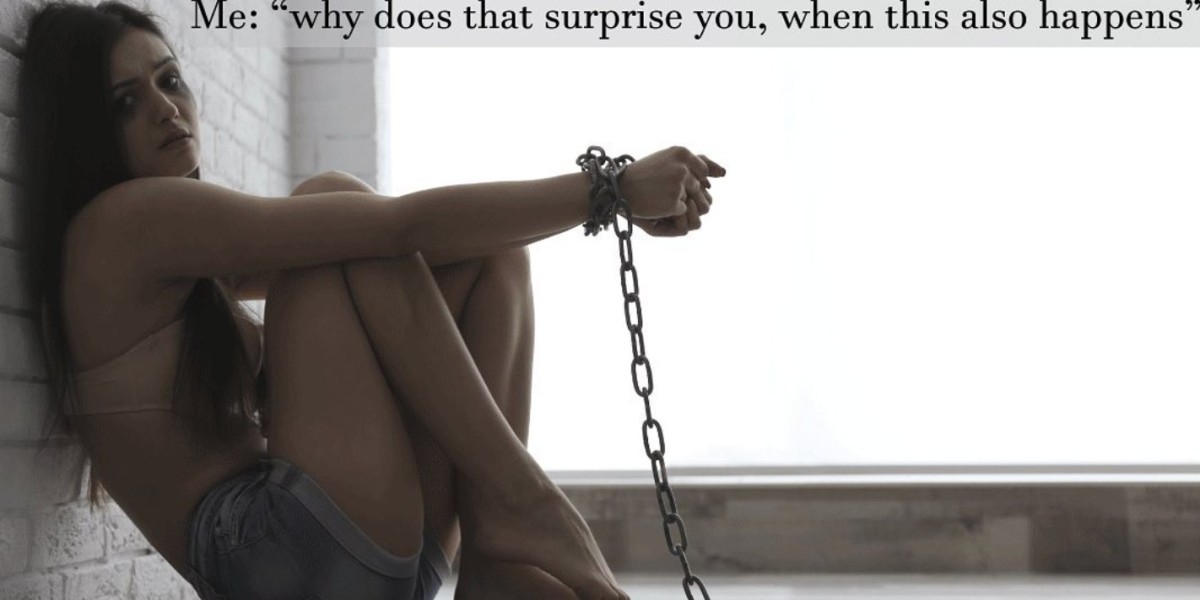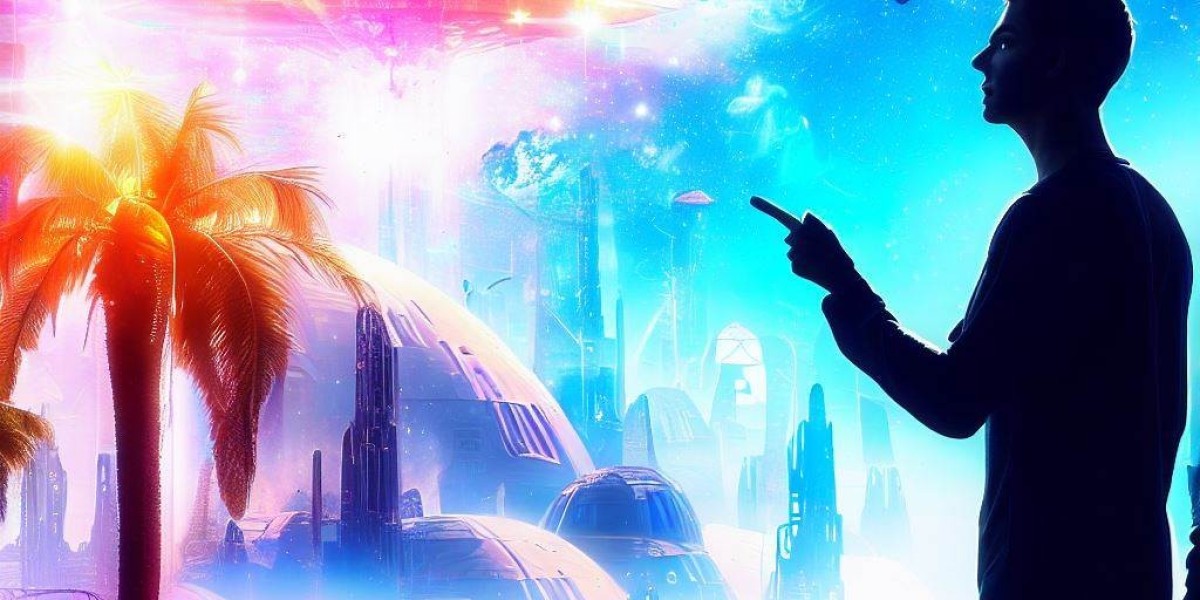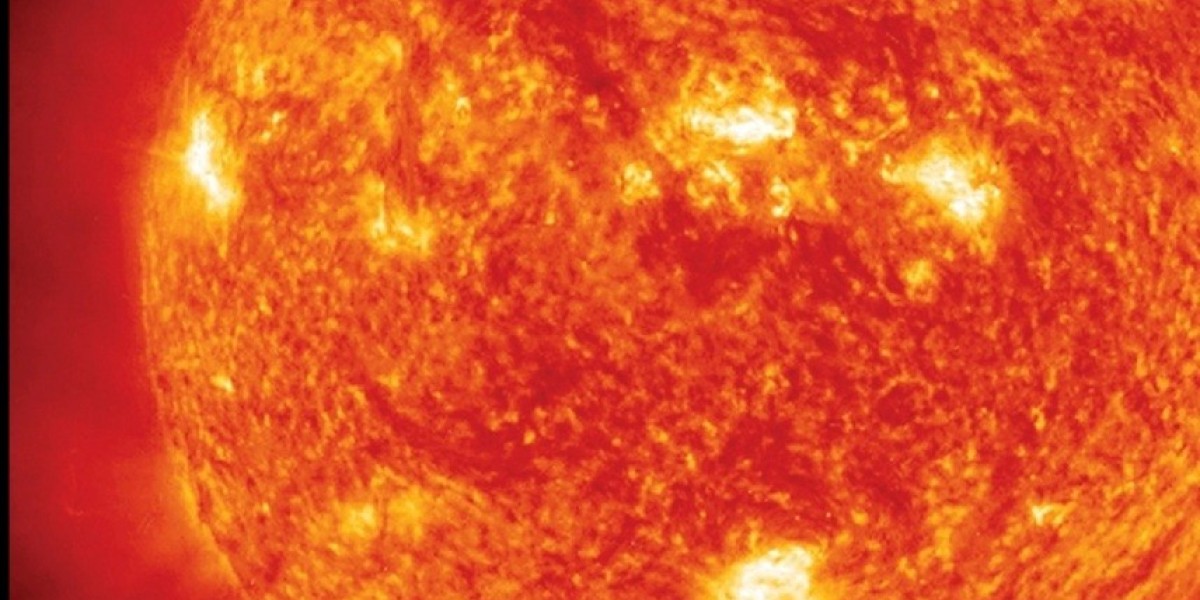The concept of free will, bestowed upon humanity by a divine power, is a complex and intriguing aspect of human existence. It encompasses both advantages and disadvantages, empowering individuals to make choices that shape their lives. This article delves into a profound, intelligent, and at times perplexing exploration of the power of free will, highlighting the inescapable responsibility it carries. It abstains from spiritual references and instead offers a raw and unyielding analysis, ultimately asserting that we deserve our fate, as it is a consequence of our own choices, over which we and only we have control.
The Inherent Power of Choice:
God, in his infinite wisdom, has bestowed upon us the remarkable gift of free will. It is a power that allows us to navigate our lives and make decisions according to our own volition. This unparalleled freedom grants us the ability to chart our own paths, define our beliefs, and determine our destinies. In this realm, even the Almighty himself cannot override the power of our choices, for they are sacred and beyond his reach.
The Duality of Free Will:
However, this extraordinary gift comes with a double-edged sword. While it affords us the capacity to make choices aligned with our desires and values, it also necessitates accepting full responsibility for the consequences of those choices. The weight of this responsibility is profound, for it demands that we bear the outcomes of our decisions, regardless of their nature or impact. Therein lies the crux of the paradox: the freedom to choose entails an unyielding burden of accountability.
The Temptation and Deception:
Acknowledging the gravity of free will, it is crucial to recognize the potential for external influences to sway our decisions. The Devil, in his desire to exploit this inherent vulnerability, cunningly capitalizes on the power to express his intentions. Although God has not stipulated the precise means by which these intentions should be conveyed, the Devil exploits this ambiguity to his advantage. He can subtly communicate his intentions through jokes, movies, or even surreal experiences, as long as he conveys them, fulfilling God's command. This manipulation introduces an additional layer of complexity and deception into the realm of choice.
The Individual's Agency:
In the face of these external influences, it remains unequivocally clear that the ultimate power lies within the individual. Each person retains the agency to accept or reject the intentions presented to them, irrespective of their origin. Even when God himself presents a request, the choice must still belong to the individual. In all his magnificence, God respects the sanctity of human agency and will honor the decisions made in its fullness.
Embracing Accountability:
Many would argue that the Devil's influence and manipulation make it easier for individuals to succumb to temptation and make unfavorable choices. While this may hold some truth, it does not absolve individuals of their responsibility. Regardless of external influences, the final decision rests solely with the individual. Just as in the ancient tales of angels coming to earth and seeking consent, their tactics included overwhelming pleasure before posing the anticipated question, to which the natural response should have been "yes."
In conclusion, the power of free will, granted by a divine force, remains an enigmatic aspect of human existence. It bestows upon us the ability to choose and shape our own lives. This article has provided a profound, intelligent, and at times perplexing analysis of free will, devoid of spiritual references. It underscores the inescapable responsibility that accompanies our choices, emphasizing that our destiny is a product of our own decisions. Ultimately, we bear sole responsibility for our fate, and no external entity can intervene in this regard. It is a solemn reminder that we are the architects of our own lives, and we must bear the consequences of our choices, whether they lead to triumph or downfall.
The harsh reality of free will is that it places the burden squarely on our shoulders. It strips away any notion of external forces or divine intervention dictating the course of our lives. We are the sole authors of our destiny, and we must face the outcomes with unwavering resolve.
It is tempting to seek solace in attributing our failures or misfortunes to external influences or the machinations of the Devil. However, such rationalizations only serve to diminish our autonomy and perpetuate a victim mentality. By doing so, we relinquish the very power that defines us as individuals capable of making choices.
In the grand tapestry of existence, every decision we make ripples through time, shaping not only our own lives but also the lives of those around us. The power to choose is a double-edged sword, for it empowers us to achieve greatness and pursue our deepest desires, but it also holds us accountable for the repercussions of our actions.
Amidst the confusion and complexities of life, we must confront the stark truth that we alone are responsible for the paths we tread. It is a sobering realization that challenges us to reflect upon our choices, to evaluate their alignment with our values and aspirations.
While it may be unsettling to acknowledge our own fallibility and the weight of our decisions, it is also liberating. For within the confines of our own agency lies the potential for growth, transformation, and the realization of our true selves. The power to choose grants us the ability to mold our lives, to learn from our mistakes, and to forge a future aligned with our deepest convictions.
In the end, we must embrace the inherent duality of free will. We are both the architects and the recipients of our choices, and it is through this interplay that our lives unfold. The complexities, temptations, and deceptive influences may test our resolve, but they cannot absolve us of our responsibility.
So, let us rise above the confusions that accompany our free will and embrace the profound power it bestows upon us. Let us take ownership of our choices, for it is in this acceptance that we find true empowerment. Regardless of the challenges we face or the temptations that beckon, we must remember that our fate is in our hands, and it is through the exercise of our free will that we carve our own destinies.
